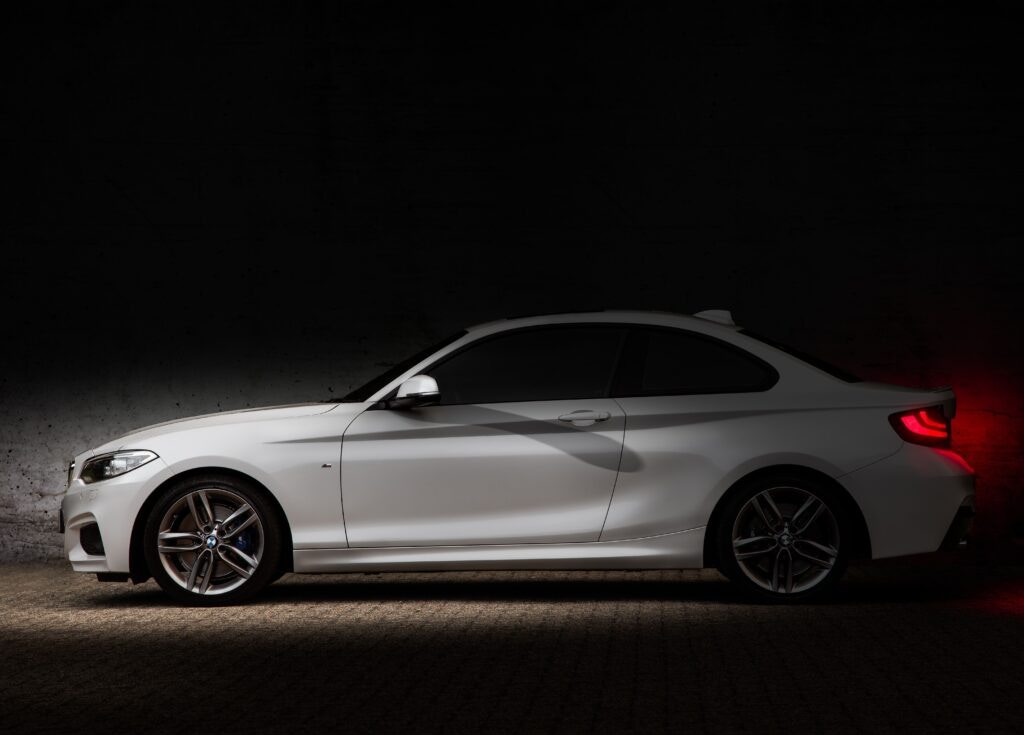When does the ’73 reg plate come out?
The ’73 reg plates are set to be released in September 2023. The new plates are introduced twice annually, once in March and once in September. Their arrival in the market can often impact the value of your vehicle.

’73 reg plates explained:
- What year is the DVLA ’73 plate?
- What’s the release date for the DVLA ’73 plate?
- How do the DVLA ’73 number plates work?
- Rules around the DVLA ’73 reg plate
- What other features can be added to new ’73 plates?
- How do ’73 plates influence car value?
- Where can I get DVLA ’73 plates?
- Looking to sell your car?
- Need more help?
What year is the DVLA ’73 plate?
The ’73 plate is for cars registered after September 2023. Vehicles registered in the same year before September will display a March reg plate – showing a ‘23’ instead.
What’s the release date for the DVLA ’73 plate?
The DVLA will launch the ’73 plate on September 1, 2023. This release date occurs every year for September plates. The digits on the plate correspond to the final two digits of the year, increased by 50. For example, in 2024, the plate will read ’74.

How do the DVLA ’73 number plates work?
Cars purchased post-2001 are assigned a reg plate following this format:
- Two numbers representing the registration year
- Two letters indicating the region of registration (one for the general area and one for the specific office)
- Three random letters
In March of each year, the registration year is indicated by the numbers directly, e.g., in March this year, the reg plate contained ‘23’. In September, however, the year is increased by 50. So, this year they will contain ’73’.
Below are examples of plates for a car registered in London (L) at Borehamwood (represented by letters K, L, M, N, O, P, R, S, and T).
| Year of purchase | After March | After September |
| 2002 | LK02 MTW | LK52 MTW |
| 2003 | LK03 MTW | LK53 MTW |
| 2015 | LK15 MTW | LK65 MTW |
| 2023 | LK23 MTW | LK73 MTW |
Rules around the DVLA ’73 reg plate
The introduction of the ’73 plates won’t alter the general rules governing car registration plates.
As well as it being mandatory for reg plates to be displayed on both the front and rear of vehicles, other key regulations include:
- White plates on the front and yellow on the back (unless the car predates 1973)
- Numbers and letters must be 79 millimetres tall
- A gap is required between the numbers indicating the year/regional identifiers and the three random letters
- All plates must adhere to a specific font – called the ‘Charles Wright font’ – since 2001, it has been illegal for any vehicle to be used on the public highway with reg plates that do not conform to this font
- Altering or obscuring your registration number is prohibited, with fines up to £1,000 possible – in fact, vehicles with dirty or unclear plates will fail MOT tests
What other features can be added to new ’73 plates?
Certain features may be added or are obligatory for a reg plate, depending on the intended driving location and vehicle type.
UK cars driven abroad require nationality identifiers. Until September 2021, this was ‘GB’ (for ‘Great Britain’) but this was subsequently changed by the DVLA and now the nationality identifier for British cars is ‘UK’ (for ‘United Kingdom’) either displayed on its own or with the Union flag.
Electric and zero CO emissions vehicles can use green tabs on plates, either as the colour background to the nationality identification or simply as a block colour tab. Though, this is optional.

How do ’73 plates influence car value?
The impact on car value isn’t directly from the ’73 plates themselves, but rather because they signify the latest models on the market.
If you are thinking about selling your car, it would be advisable to sell it before the new models become available in September 2023. Your car may be worth more now than it will after September – simply because it will have newer models to compete against.
Where can I get DVLA ’73 plates?
Getting hold of the new ’73 plate doesn’t require buying a new car this September – in fact, you can get them without owning a car at all. All you need to do to get the new ’73 plate is order one online from the gov.uk website and keep it on a retention certificate.
However, this is a service mainly used by drivers to log ‘personalised’ reg plates, meaning that you are unlikely to encounter a ’73 plate not indicating the vehicle’s age.
Looking to sell your car?
If you’re looking to sell your car quickly and easily – before it loses value in September – Motorway offers a simple, and completely free, method of getting your best price.
Just enter your reg on Motorway’s website or app and you will be provided with an instant estimated sale price based on up-to-the-minute market data. They’ll then ask you a few easy questions about your car and guide you through the photos you need to take to complete your vehicle profile. It can usually be done right from your phone – in a matter of minutes.
If you choose to enter your car into their daily sale, it will be shown to Motorway’s nationwide network of more than 7,500 verified car dealers looking to add to their stock. Interested dealers will then compete to buy your car, offering you their best price.
In as little as 24 hours you will receive your best offer – and, if you choose to go ahead with the sale, your car will be collected for free by the dealer and the money will be quickly and securely transferred to your bank account.
Need more help?
Looking to sell your car, or want to understand more about documentation or maintenance?Check out more of our guides here, covering everything from the paperwork you need when buying and selling, to various notices you may need to file with the DVLA.
- How to buy or sell a private number plate
- Selling a modified car
- V5C — The ultimate guide
- Service history — the ultimate guide
- Selling a car without a V5C
- How to tax your car
- The ultimate MOT guide
- Car tax refunds: a guide
- Car ownership — ways to own and finance a car
- How to transfer car ownership
- Glasgow’s LEZ – the Motorway guide
- Clean Air Zones (CAZ) in the UK – the ultimate guide
- Newcastle Clean Air Zone (CAZ) – the ultimate guide
- Sheffield Clean Air Zone (CAZ) – the ultimate guide
- How much does it cost to tax an electric car (UK)?
- What is a hydrogen fuel cell car?
- What is a mild hybrid car?
The information provided on this page is for general informational purposes only and should not be considered as professional advice.